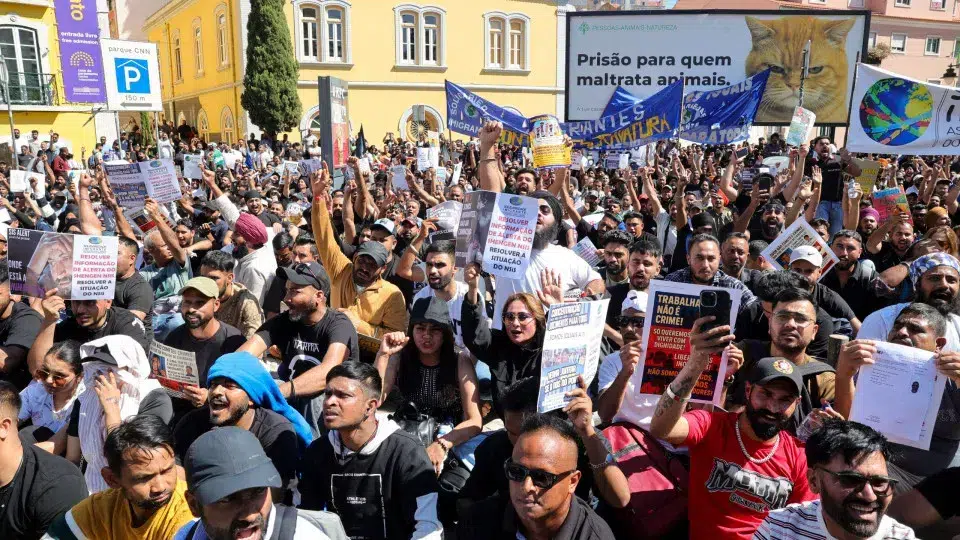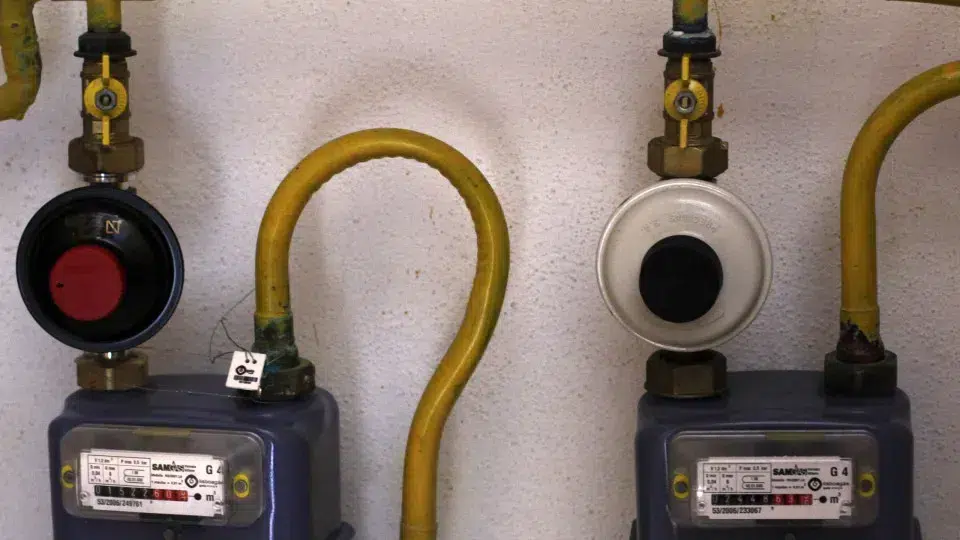
The PSD/CDS government found that AIMA was “clearly not functional,” as “it lacked the resources to pursue its necessary work,” stated Rui Armindo Freitas during an interview marking the institution’s two-year anniversary.
“Initially, it was associated with chaos and long queues caused by hundreds of thousands of people whose rights and requests were unmet,” said the Secretary of State, indicating that the priority was to “address the acute problems of the agency,” alongside reforming migration policy, which began with the end of interest expressions, a method responsible for most pending issues allowing regularization in Portugal for those who arrived on a tourist visa.
According to Rui Armindo Freitas, establishing a mission structure within AIMA from September 2024 facilitated over 600,000 in-person attendances, complemented by transferring security functions to the PSP, via the National Unit for Foreigners and Borders.
AIMA emerged from the merger of the Foreigners and Borders Service (SEF) and the High Commission for Migrations (ACM), both previously underfunded institutions, highlighted Rui Freitas.
“Experiencing a demographic shock between 2017 and 2024 brought 1.1 million people to Portugal, succeeding agencies in crisis with acute investment and attention deficits,” he said.
Over the past year, AIMA has been working to “regularize old processes,” explained the Secretary of State, noting that when more than 300,000 authorizations processed this year are mentioned, these concern “people who were already in Portugal before 2024.”
“The AIMA report highlights that retrospective revisions were necessary,” as immigrant entries should be registered upon arrival, not regularization.
“Those who entered in 2021 or 2022 are now receiving their documents; this was something we managed to resolve,” he stated, dismissing claims of more authorizations being granted in 2025.
Additionally, “between September 2024 and September 2025, half a million criminal records of people already in the national territory were checked, for whom this document had never been requested,” the Secretary of State said.
Regarding pending processes at the onset of Luis Montenegro’s first government, Rui Freitas noted that 90% of the 440,000 cases are resolved.
“About 44,000 cases remain, which is a significant number, depending on different case-by-case analyses,” he added.




